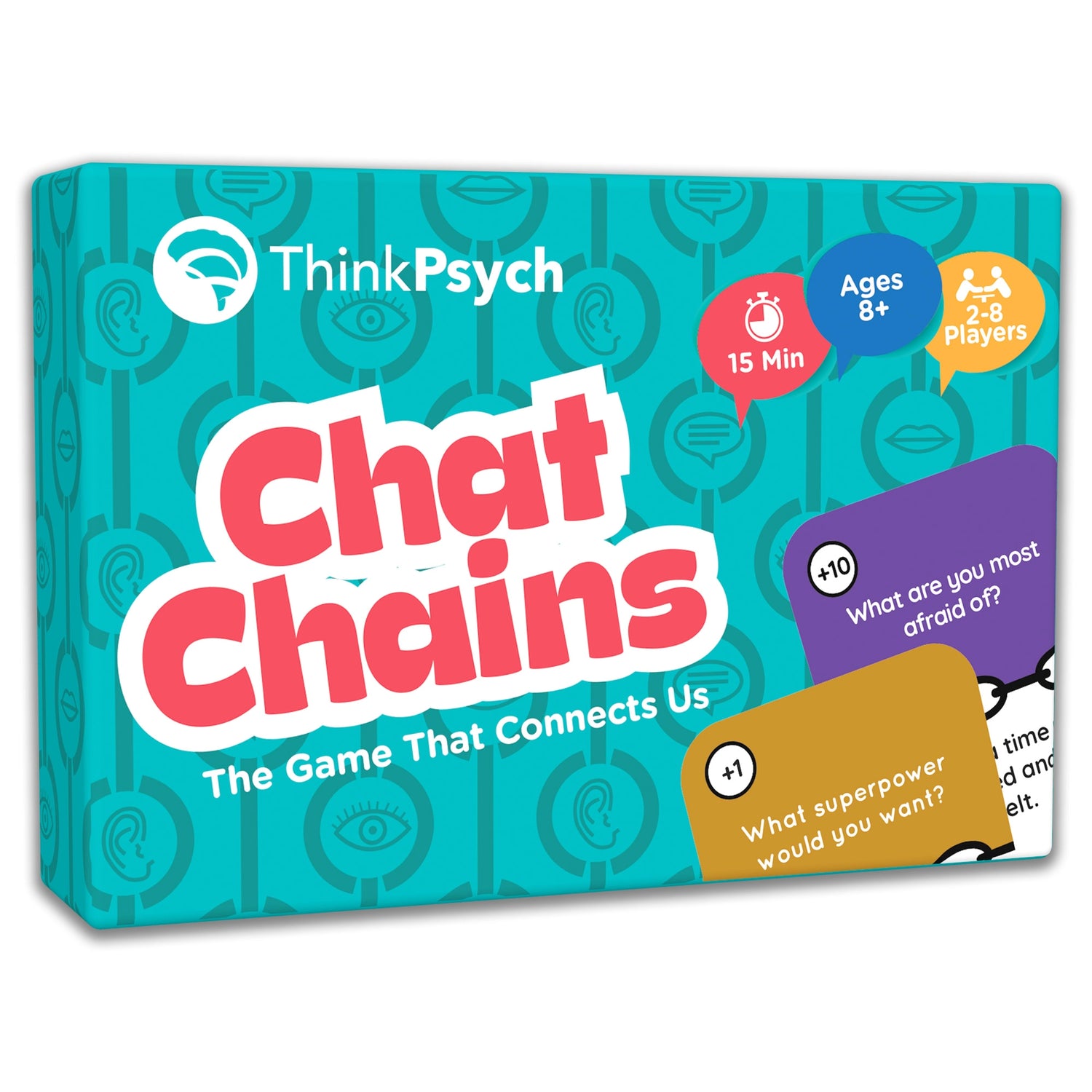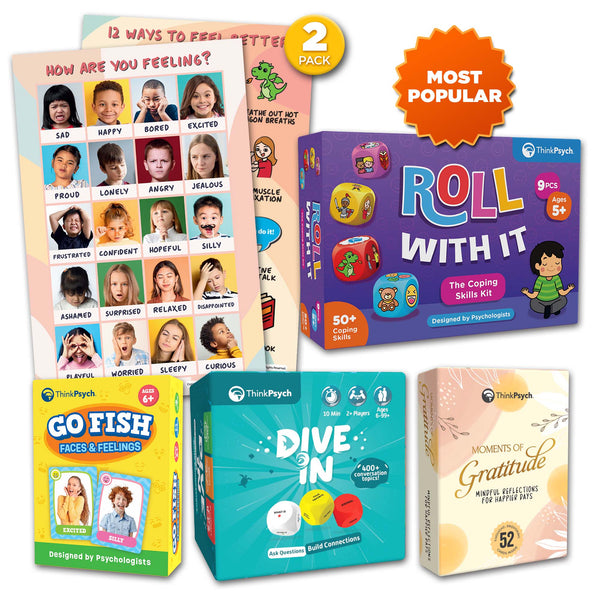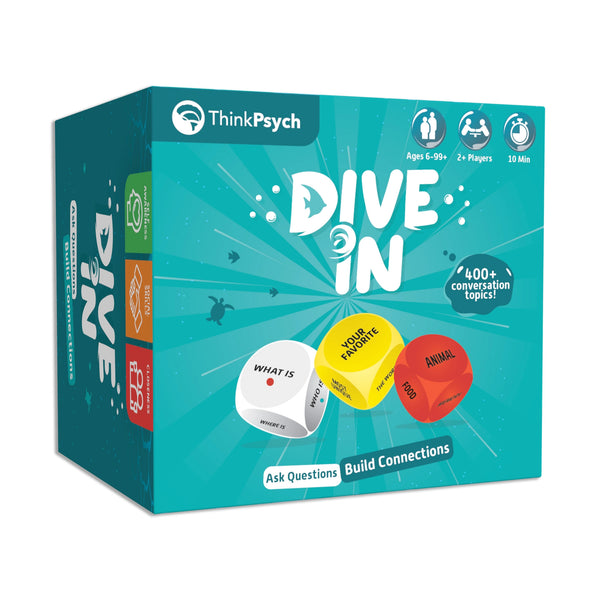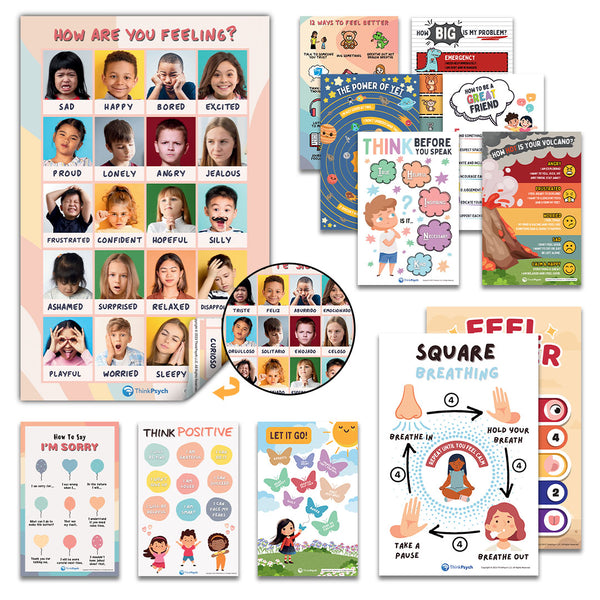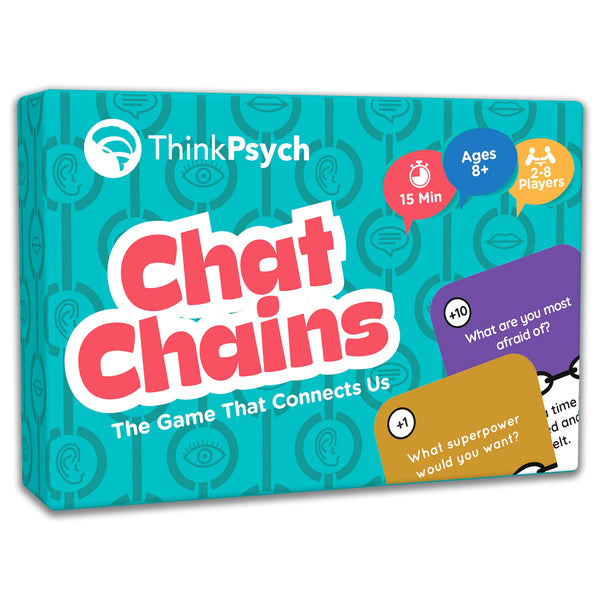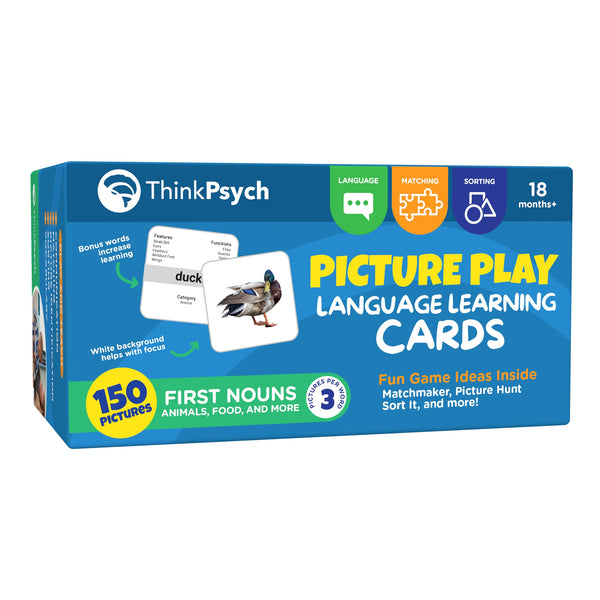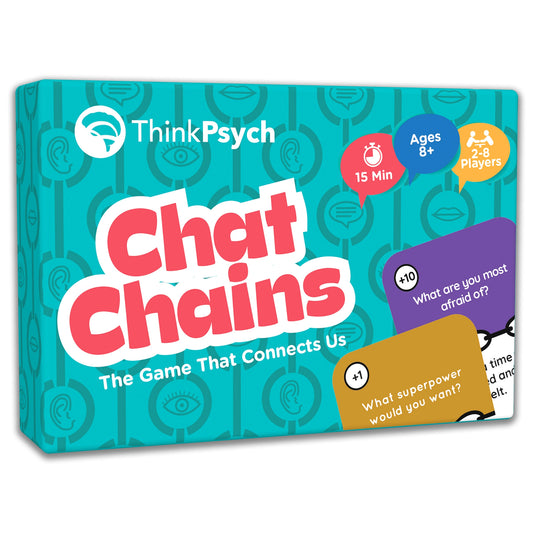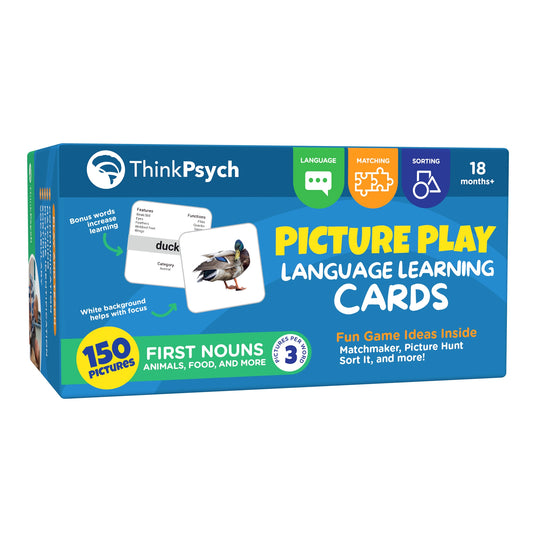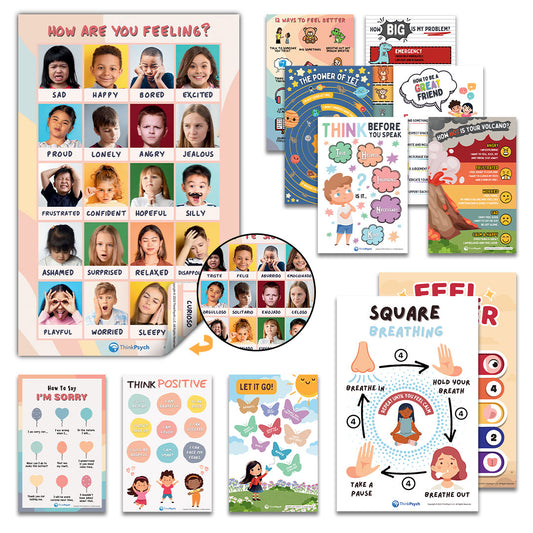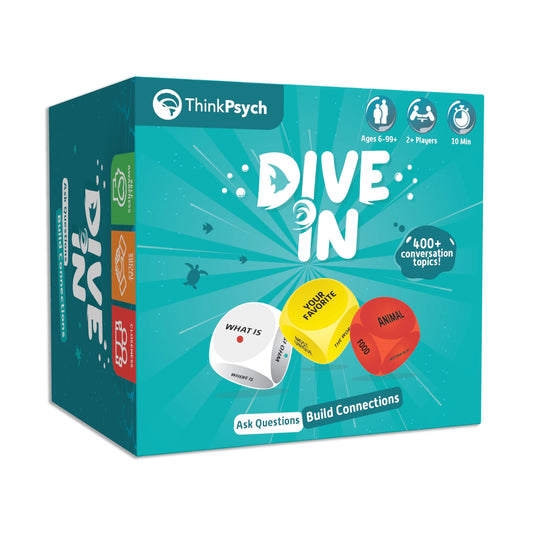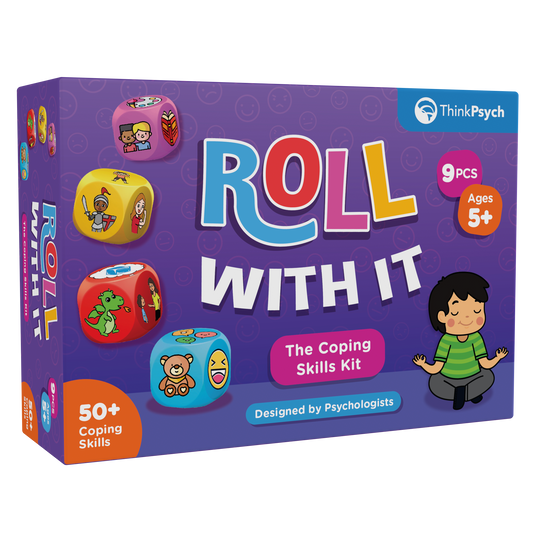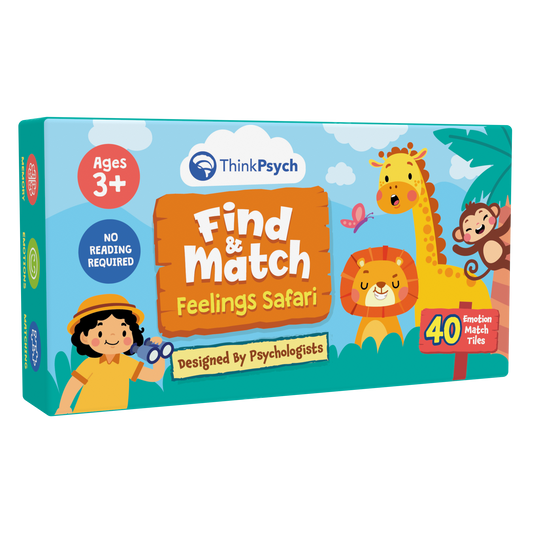
Teach Your Child to Be a Team Player
Share
Teamwork is a core social skill that’s critical for success at home, school, the workplace and beyond.
Yet, it takes time to learn how to be a team player. Young children may struggle to think outside of their own needs. During this developmental process, they may have tantrums, cheat and display other “sore loser” attitudes.
To help you foster team ethos in your child, our experts have put together key steps to develop these skills. Implement these tips in your day-to-day life to strengthen your child’s sense of respect, communication, team spirit, empathy and more.
Tips to Foster a Team Player Mindset
Whether for a group project, recess game, extra-curricular activity or team sport, your child must master how to get along with others. After all, having a team player mindset is the foundation of strong relationships and later career success.
- Think “We” Not “Me”
As the saying goes, there’s no “I” in “team.” Teach your child to put team performance above individual success. By focusing on the end goal, it’s easier to set aside “me-first” attitudes.
When your child’s soccer squad is winning a match, it’s easy to have team spirit. But what happens when a teammate misses a goal? Or the referee makes an “unfair” call?
Show your child the importance of staying positive, encouraging teammates and overcoming challenges. Arm them with key phrases, such as:
- “Nice try” / “good effort”
- “You can do it!”
- “Don’t give up!”
- “Shake it off!”
- “You’ll get it next time”
- “You did your best”
Having these phrases on hand will help your child praise teammates and value unity, optimism, empathy, effort, etc.
- Encourage a Growth Mindset
It’s never fun to lose a game or do poorly on a project. Remind your child this is not the end of the road.
Encourage a growth mindset, so your kid knows “being bad” at something isn’t permanent. They can always become better by practicing every day, listening to feedback and staying positive.
A big part of growing up is learning how to handle failure. Teach your child the value of working hard to improve. In turn, this will also build their confidence and give them a sense of agency over their skills.
- Be Open to Others’ Ideas
Working as a team means staying open to others’ ideas. It’s important to know how to communicate as a group and come to a consensus. As part of this process, your child must learn to:
- Listen to opposing opinions
- Suggest (not demand) their own ideas
- Stay aware of others’ feelings
- Make compromises for group harmony
For teams to succeed, there must be mutual respect for everybody’s opinions. Bossing others around or having a “my way or the highway” attitude never bodes well.
- Give a Helping Hand (and Ask for One)
Building a strong team also involves helping each other when needed. Model for your child what it looks like to ask for and offer help.
Shop ThinkPsych Products
For example, if your child is struggling with memorizing their part for a school play, encourage them to ask a friend to run lines. Or if you notice your child is frustrated by a team member’s off-target passes, try to foster a sense of camaraderie. Your kid could offer to practice passing together on the weekends.
Offering help makes both parties feel better. Plus, it gives teams the chance to develop bonds and support one another in times of need.
- Learn to Lead and Follow
Even if your child is instinctively a leader, there are moments when they must learn to follow. Be sure you’re motivating both leader and follower qualities.
For example, your child should have respect for each team member’s role. Often this concept is best understood in sports. If your kid is an offensive scorer, they shouldn’t be telling the defense how to do their jobs. Or if they disagree with a coach’s decision, they should never talk back to them.
Demonstrate to your child respect for roles, so that they value every team member.
- Focus on Fair Play
Be sure to model good behaviors overall as well. Teach your child that winning isn’t everything – especially if the team resorts to dirty tricks to beat the competition. Cheating, degrading other players or being disruptive after a loss shows a poor spirit.
Demonstrate to your child the importance of character and “fair play.” This prioritizes ethics and the value of doing the right thing. Teach them to follow the rules, take turns and be kind to others.
After all, playing fair and building a supportive team is far more important than winning.
- Enable Lots of Opportunities
“Practice makes perfect” also applies to team spirit. Give your child lots of opportunities to learn to be a team player. Sign them up for a sport, musical group, club or another group activity.
At home, practice thinking as a team by creating a chore chart, providing homework help to siblings, doing a family project and playing games.
Over time, your kid will become a true team player who is focused on being fair, supportive and progress-driven. Who knows, they may even be a natural leader!
Develop Team Player Skills in Your Child With ThinkPsych
Getting along with others is an essential skill for your child today and in the future. By leveraging these tips above, your kid will develop a strong team mindset that applies to all areas of life. To help your child build deeper connections and learn to be a team player, try Chat Chains and work together to get the highest team score!
For more strategies to boost your kid’s EQ, check out our expert articles on ThinkPsych!
References:
- The School Run, How to Teach Your Child Teamwork, https://www.theschoolrun.com
- Prepared Parents, Teaching My Kid to Be a Team Player, https://preparedparents.org
- Verywell Family, How to Teach Your Child to Be a Good Teammate, https://www.verywellfamily.com
- FreePik, Junior Football Team Stacking Hands Before a Match, https://www.freepik.com
